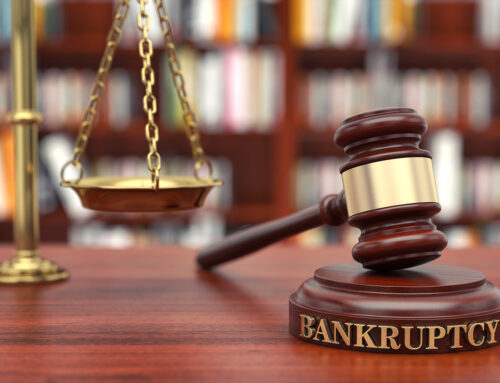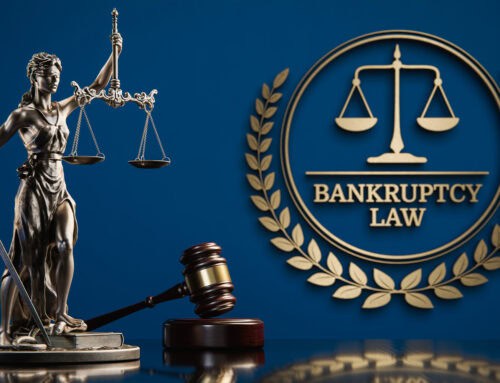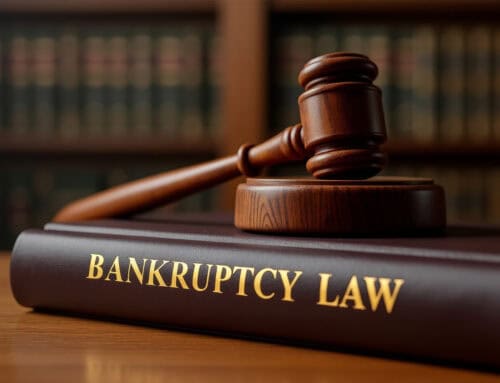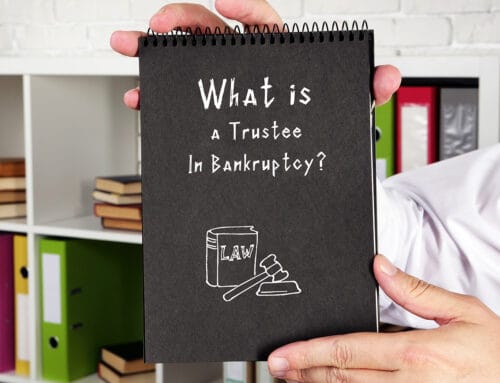Filing for Bankruptcy After a Divorce
Divorce can lead to financial strains such as managing a household with fewer resources and having less money to pay off debts. For these reasons and many others, bankruptcy can often follow a divorce and may involve special issues. Two things to keep in mind: Parts of your divorce decree could affect your bankruptcy case, and you need to know how to correctly list that information on the bankruptcy paperwork.
Your Divorce Can Affect Your Bankruptcy Case in Many Ways
Divorces can change your ownership of property and which debts and expenses you have. A divorce can even affect your income, for example, by reducing the number of properties you can collect rent from or the amount of investment income you earn. For some spouses, a divorce may mean time off work to navigate the process or care for children. This can reduce income, too. Overall, your divorce can have huge direct and indirect effects on your bankruptcy case.
Common Debts You May Have Due to the Divorce
Some types of debts that arise from your divorce may not be dischargeable in bankruptcy, but you should still list them on the various forms. For example, if you have debt from past-due child support or spousal support (alimony), it is not dischargeable. You still owe it after your bankruptcy case is discharged.
Another type of debt may come from a property settlement order. This could happen if you received the house but were ordered to compensate your ex for their share. This type of debt could be discharged in a Chapter 13 bankruptcy, although not necessarily.
Chapter 13 involves a repayment plan that takes three to five years. You may still need to cover some or all of that property settlement via the repayment plan. In Chapter 7 bankruptcy, this debt will not be dischargeable.
Your Divorce Decree Is Important
The general process of filing for bankruptcy goes like this.
- Consult with a bankruptcy attorney on the specifics of your bankruptcy
- Collect documents such as your divorce decree with its provisions about property division, child support, indemnification, and much more.
- Take a credit counseling course.
- Fill out more than 20 bankruptcy forms such as Schedule A/B.
- File your case in bankruptcy court.
Divorce decrees vary depending on jurisdiction. They may be called decree of dissolution, a bill of divorce, or something else. They may be one document or a combination of a parenting plan, property settlement agreement, and other types of documents and orders. Whatever your case, you need your divorce decree.
- Your bankruptcy trustee must review the decree. Send it at least seven days before your creditors meet. This 341 meeting, also called the meeting of creditors, lets creditors ask questions, although they rarely attend.
- Review the assets listed in the divorce decree and the division the decree makes between you and your former spouse. List the assets you got on your Schedule A/B form. Add any new assets you obtained after the divorce.
- If you no longer own an asset that you received in the divorce, be ready to explain why. Use your Statement of Financial Affairs for Individuals Filing for Bankruptcy to list these asset transfers.
You also list debts from your divorce decree on bankruptcy forms. Include new debts you have taken on after your divorce as well.
California is a community property state, so list debts incurred during your marriage even if they are not in your name. Explain on the forms how the divorce decree divides these debts. Two common divisions are equally between the spouses or one spouse being assigned the entire debt.
Indemnification Clauses
Indemnification clauses throw a wrench into many bankruptcies. If your divorce decree has one, a bankruptcy lawyer can help you understand your obligations so you do not end up in contempt of court.
This type of clause is also called a “hold harmless” clause. It shifts risks or costs from one party to another. Suppose you and your ex shared a credit card. The decree assigned you the debt (and that debt happens to be one reason you needed to file for bankruptcy). You list that debt on your bankruptcy forms.
Everyone is not necessarily off the hook when your bankruptcy is discharged, though. The credit card company cannot get that debt from you, but it may move against your ex. (Credit card companies do not have to follow divorce decrees.)
In this example, your ex may then decide to pay the debt, partially or in full. You would be obligated to reimburse your ex for that payment under an indemnification clause. If you avoid reimbursement, your former spouse could sue you to enforce the clause.
Contact a Bankruptcy Lawyer Today
Divorce can be hard but represents a fresh start for many people. So does filing for bankruptcy. Contact the Law Offices of Brent D. George to talk about your options and ensure the best fresh start possible.
Disclaimer: This article is intended for informational purposes only and does not constitute legal advice. For personalized assistance, please contact our office at (805)494-8400.






